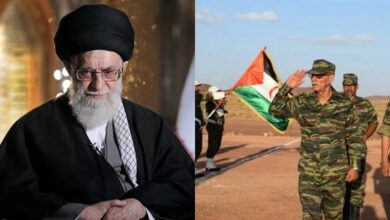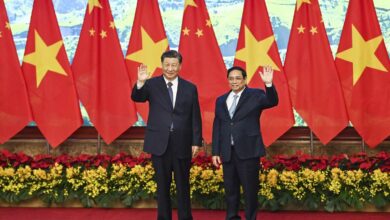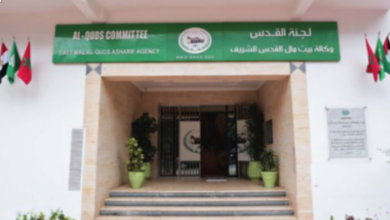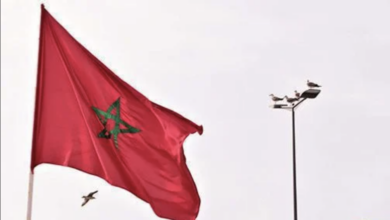“Digital Transition” at the Heart of the Celebration of the National Day of Moroccans Around the World
“Digital Transition” at the Heart of the Celebration of the National Day of Moroccans Around the World
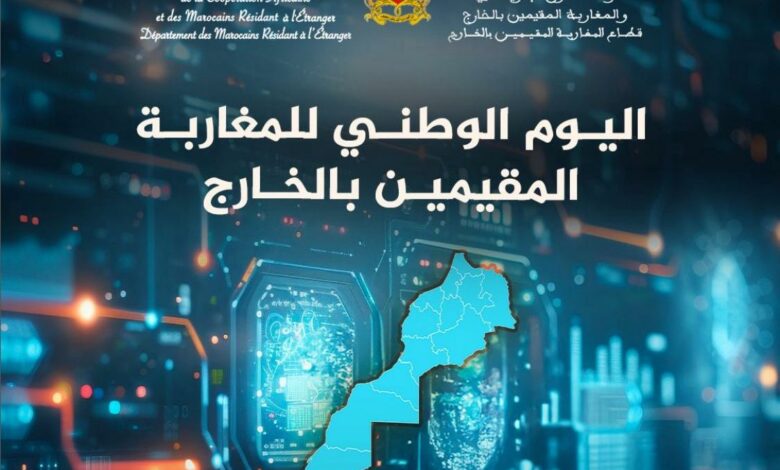
By: Sara El Oukili / ALDAR
On August 10, 2025, the Kingdom of Morocco celebrates the National Day of Moroccans Residing Abroad — an annual occasion held under the auspices of the Ministry of Foreign Affairs, African Cooperation, and Moroccans Living Abroad. This day reflects the special royal attention that His Majesty King Mohammed VI dedicates to members of the Moroccan community worldwide.
This year’s theme highlights the Kingdom’s strategic shift toward digitalization: “Digital Transition: For Better Access to Local Services for Moroccans Around the World.”
This slogan, featured on the event’s official poster, embodies the Moroccan state’s commitment to accelerating its digital transformation, both within its national territory and in relation to its communities abroad. Technological advances have become a key lever for bringing services closer to citizens — especially those who, despite living far away, maintain strong ties with their homeland.
The celebration of this day offers an opportunity to strengthen bonds between the homeland and its children abroad, while also showcasing progress in the digital field through concrete initiatives that enable Moroccans around the world to access administrative and social services in a seamless and efficient manner. It is also a privileged annual moment to translate the diaspora’s expectations into concrete programs and projects, developed in coordination with various public and private stakeholders.
Through this edition, the Ministry seeks to make digital tools not only a means of service delivery, but also a space for dialogue, listening, and mobilization around shared aspirations. Digital transformation is no longer a choice, but a necessity dictated by today’s challenges — a message the Kingdom is keen to convey through this celebration.
This approach fully aligns with Morocco’s ambitious vision to build a connected, inclusive, and equitable society — one that enables all its citizens, both inside and outside the country, to fully exercise their citizenship in the digital age.
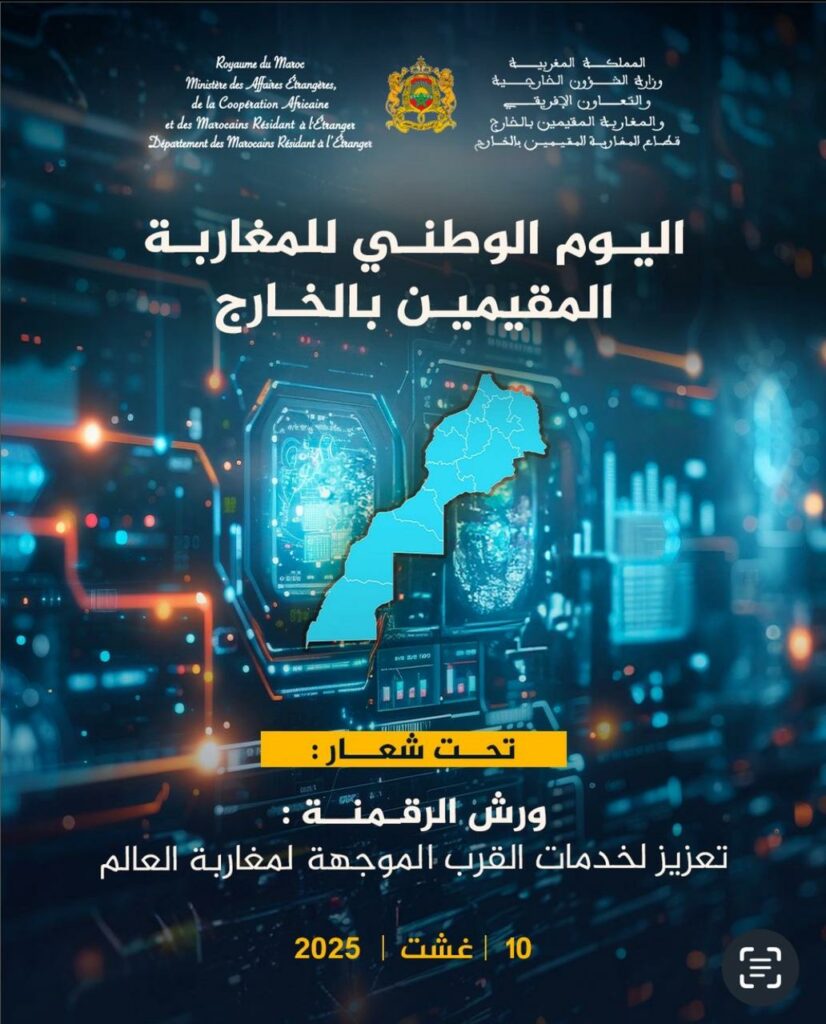 The Ministry of Foreign Affairs, African Cooperation, and Moroccans Residing Abroad is the driving force behind this August 10th celebration, a day dedicated each year to Moroccans Living Abroad (MREs). This year’s theme aims to highlight Morocco’s ongoing digital transformation and to showcase efforts made to improve local services targeting the diaspora. This annual event also reaffirms the King’s unwavering commitment to Moroccans abroad and the desire to maintain a strong connection with them.
The Ministry of Foreign Affairs, African Cooperation, and Moroccans Residing Abroad is the driving force behind this August 10th celebration, a day dedicated each year to Moroccans Living Abroad (MREs). This year’s theme aims to highlight Morocco’s ongoing digital transformation and to showcase efforts made to improve local services targeting the diaspora. This annual event also reaffirms the King’s unwavering commitment to Moroccans abroad and the desire to maintain a strong connection with them.
The day represents a significant moment for dialogue and assessment of public policies dedicated to MREs. It features on-the-ground activities organized in coordination with the Ministry of the Interior across various provinces and prefectures of the Kingdom. This year’s edition is expected to be particularly impactful, given the strategic importance now held by digitalization in the country’s transformation efforts.
This initiative is also an opportunity for the Ministry to spotlight mechanisms put in place to facilitate MREs’ access to remote services, using advanced digital tools. This reinforces the State’s commitment to making national belonging a continuous experience, even beyond borders. The day will also serve as a platform to collect the expectations of the Moroccan community abroad, through meetings and open workshops that bring together public and private actors in a participatory approach — aiming to hear suggestions, share successful experiences, and collectively envision the future of digital public service.
This strategic choice reaffirms the Ministry’s determination to make digital technology a lever for continuous improvement of services intended for Moroccans abroad, while ensuring ongoing, effective, and inclusive interaction between citizens living abroad and the institutions of their country of origin. This strengthens their sense of belonging and enhances their contribution to national development.

